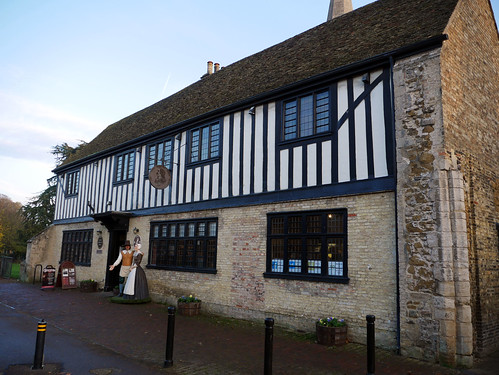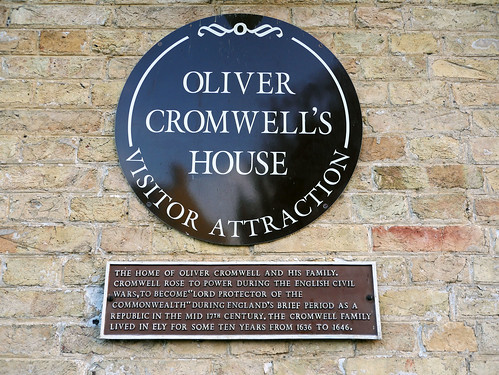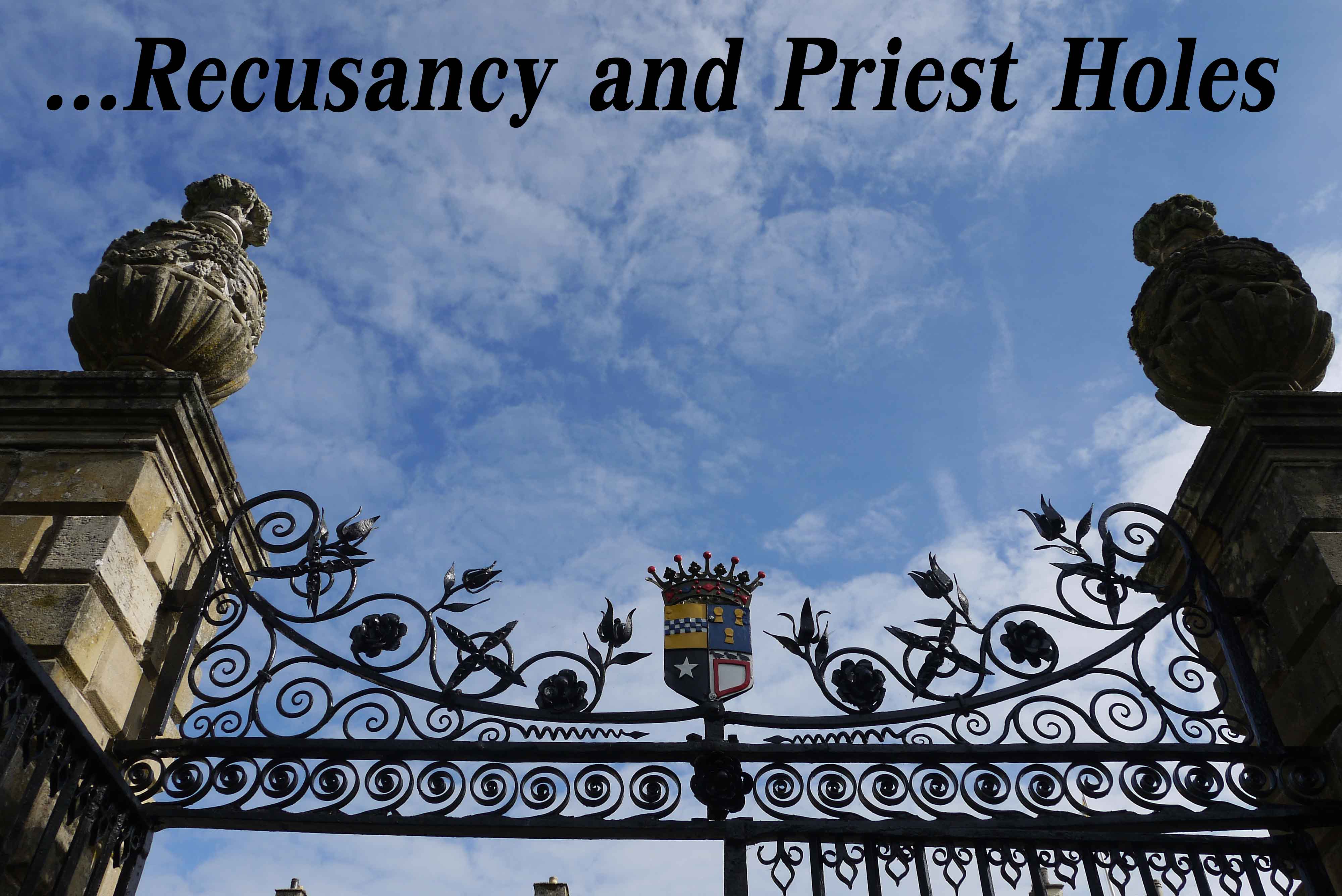On the tour around Oliver Cromwell’s House we learned that this was the place where Oliver Cromwell and his family moved to after the lease (as part of his inheritance) was transferred to him by his uncle.*
Oliver Cromwell – a name that still divides opinions more than three hundred years after his death. But who was he and why is he so important to British history? From the point of view of a Parliamentary Soldier he was one of the greatest military leaders we have ever had. Without him, Parliament would not have won the Civil War. However, from the viewpoint of a Cavalier, he was seen as a traitor, as he ordered the King to be beheaded. A Puritan Gentlemen on the other hand would describe him as a Godly man who ruled this country justly. Such people believed he brought stability back after the war so that we could all live in tolerance and peace.
Oliver Cromwell was born in nearby Huntingdon on April 25th 1599. He was born into what had been one of the wealthiest families in Huntingdonshire but was of a junior branch and although he was a gentleman, he was not a rich one. His father died in 1617 and Oliver had to leave Sidney Sussex College at Cambridge to look after the estate, his widowed mother and then his wife Elizabeth and ultimately their nine children. Financially it was a struggle but Oliver’s fortunes changed when he was left leases on various properties in Ely by his uncle; this included the lease on the house in Ely, where Oliver moved to with his family in 1636 and remained for just over ten years. The lease carried with it the responsibility of collecting the local taxes.
Everything changed for Oliver Cromwell when he was in his early 40s. King Charles I began to make changes to the church in England that were unacceptable to men like Oliver. During his 20s or 30s, Cromwell had experienced a religious conversion and for the remainder of his life he was a zealous Protestant. He believed that God had chosen him for a purpose which would at some point be revealed to him. The changes that the King started to make to the Church were against Cromwell’s beliefs and he was convinced that God’s purpose for him was to prevent them. He criticised the King in Parliament, his passionate and often angry speeches, driven by his religious zeal. When war broke out between King and Parliament in 1642, Oliver Cromwell was one of the first MPs to take up arms and fight.
At the beginning of the tour we were asked to consider if Cromwell was a Villain or Hero. After consideration we concluded that he was neither; Cromwell was a man of his time.
*From Oliver Cromwell’s House Ely guidebook










I visited Oliver Cromwell’s House and found it very spacious and pleasant, especially for a family that valued extreme modesty.
I also enjoyed the Museum of Oliver Cromwell, located in St John the Baptist Hospital’s Norman Chapel in Huntingdon. Small, but filled with historical treasures.
Thanks for the link
Hels
https://melbourneblogger.blogspot.com/2014/04/museum-of-oliver-cromwell-17th-century.html
The museum at Huntington is on my list for next time I visit the area.
Thanks for the link allowing me to learn more about it.
I liked your diplomatic reply!
The question didn’t allow us to go into more detail
Thanks so much for such an interesting post. Would so love to visit his house – Ely looks full of interest
Ely is a lovely place, we hope to go back to explore further.
a very famous place Cherie….peter:)
A famous man
He did not grow old, but sure his name is famous!! And yes he was a man of his time and we cannot even compare that with “the now”…..
I agree we cannot compare those time with now but have to consider how things were and how people thought in those times.
History gives us the advantage of learning from past mistakes.
very interesting history of man who believed that God created him for purpose and fought for him ,though in the eyes of others he was neither a hero nor villain but he had power to influence the people around and stay in history
He certainly did have power and influence during a difficult part of England’s history.
Some of the things he did were good and some in my opinion were not so good.
I am not convinced by his claim about God.
Well then! Sounds like an “adventure” to solve a historical puzzle like that, Cherry.
We all have our views as to how the puzzle works best
It is indeed all a matter of perspective isn’t it?
Yes
i read about him in my history books and this was a fine reminder, CP. i like this post.
I am glad you enjoyed the post
Look at the mess PM May has created.
I reckon Cromwell would probably opt for no deal! Ha?!
HaHaHa!
The PM has presented us with an exit deal that that is worse than the deal we had when we were in the EU. The deal means that we are still in (not out) but with no say on what goes on.
That is not what the Brexiters voted for!